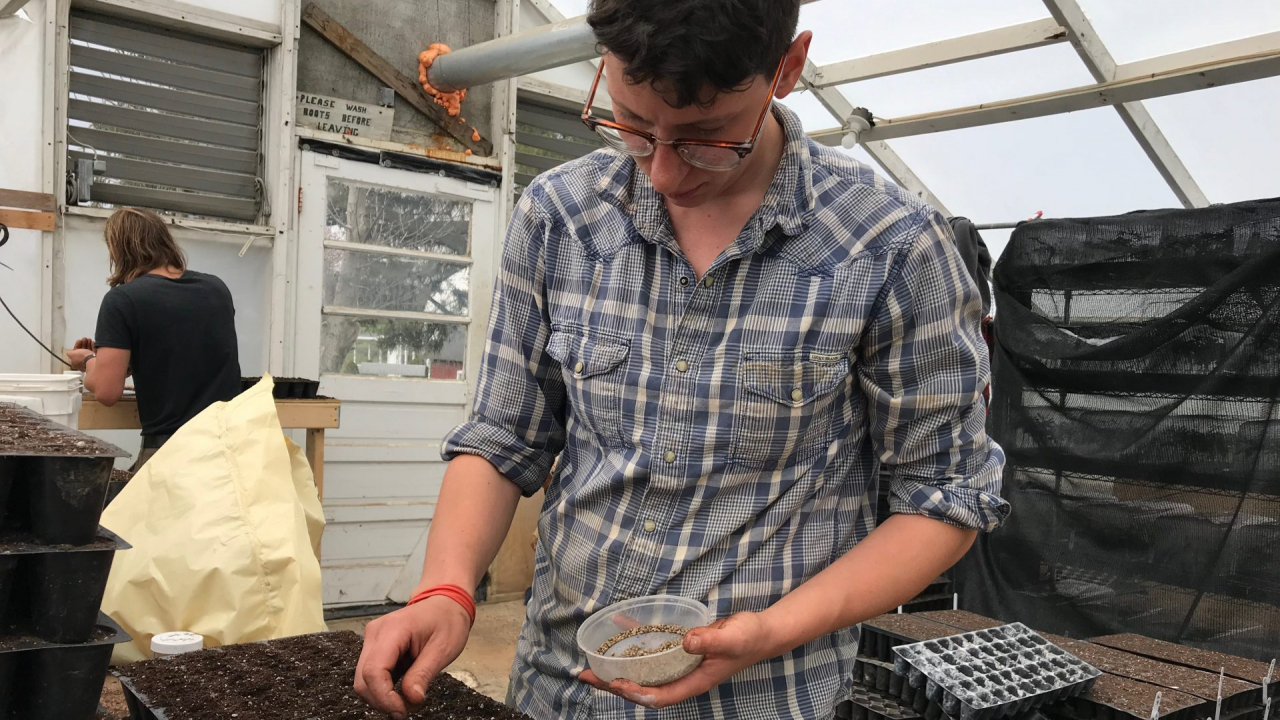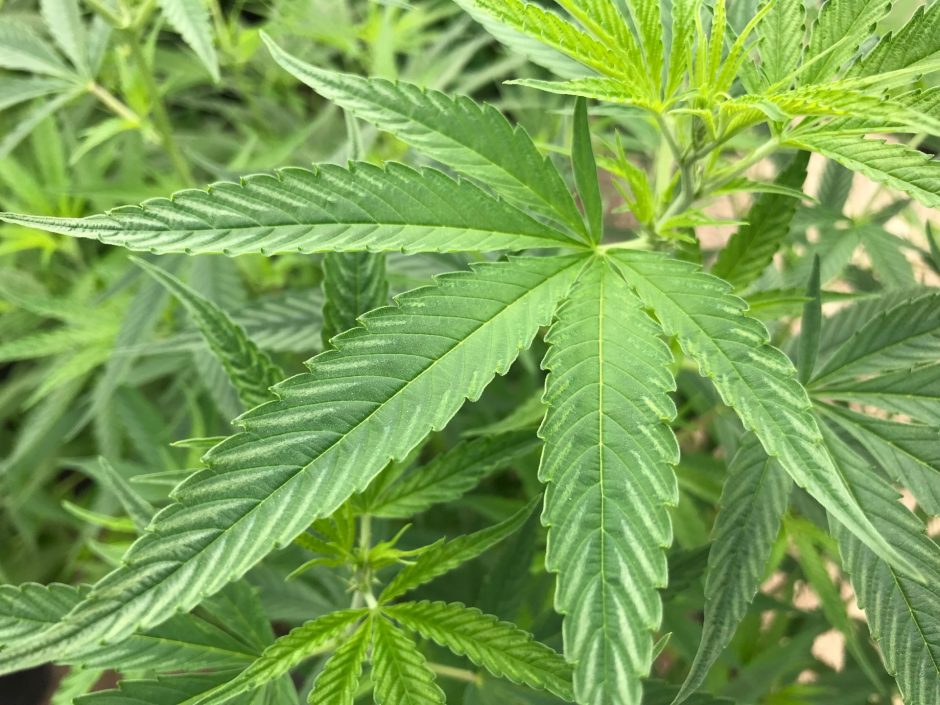ANCHOR: New York state legalized the growth of medical marijuana nearly two years ago. SUNY Morrisville is offering a minor in cannabis growth. The goal–get ahead of a developing industry to learn what works and what doesn’t. NCC News’ Frankie Vernouski dives into the ground floor of the medical cannabis industry and much more.
FRANKIE: The horticulture department at SUNY Morrisville has been growing cannabis for the medical industry for about two semesters now. And the goal is to give students experience that they can’t get anywhere else to get into an industry that Professor Howard Rice says has a lot of potential.
RICE: There’s 33 states with medical cannabis programs, so that alone is a big opportunity right there. It’s one of the fastest sectors growing in ag.
FRANKIE: The SUNY school has had students graduate and make it into the indsutry in Massachusetts, Michigan and Colorado. But looking at the family tree of cannabis, it’s the cousin hemp that’s even newer in New York state, and it’s another professor at SUNY Morrisville, Jenny Jenkins, who’s leading the charge in the state.
JENKINS: After being here for about two months, I was approached by a local farm that was interested in hemp production and was advocating for the legislation to be passed.
FRANKIE: So Jenkins is working with local farms to learn how to grow hemp best for it’s many uses.
JENKINS: It’s a really versatile crop, and so right now the CBD market is insane and so the majority of the hemp being grown in New York state is being grown to extract the chemical cannabidiol.
FRANKIE: Cannabidiol–it’s colloquially referred to as CBD–the extract from the hemp plant that’s used for the medicinal purposes, but before you even get to that extraction point you have to be able to grow it. The industry has trouble with that. It was illegal for 80 years. That’s 80 years of missing knowledge.
JENKINS: We have 60 years worth of intense research on corn and wheat and soybeans to be able to grow them to the best of their abilities. So we have all of this work under our belt for these other agricultural crops that we just need to sort of bring ourselves up to speed with hemp.
FRANKIE: These struggles apply both in research and in practice with local farms throughout Central New York. One being New York Hemp Oil in Cortland as co-founder Karli Miller-Hornick points out.
MILLER-HORNICK: It’s a labor intensive crop. People think that hemp like like a weed and it will grow anywhere. It’s not. They need a lot of care. They need a lot of space. It’s not easy.
FRANKIE: So it’s troubling to see why you would get started in an industry that so little is known about and has so many challenges. Well, for co-founder Allan Gandelman, it was for personal health problems.
GANDELMAN: A few years ago I got really sick with Lyme disease. I was mostly bedridden, like I could work a few hours a day and then I had to just lay down a lot of pain. I could barely lift up my cell phone and I got my medical marijuana prescription card here in New York state.
FRANKIE: However, medical marijuana didn’t help. Hemp did. And now the startup works on growing hemp organically to help others.
MILLER-HORNICK: And I realized, oh, we are already doing organic farming, hemp’s not that different, you know, we have the infrastructure to do this. Let’s do this and make a product that’s accessible.
FRANKIE: The work starts in the greenhouse before everything’s transplanted out into 30 acres of farm for the New York Hemp Oil, and that’s up from 15 acres. Last year they increased up to 30 partially because hemp brings a lot of money.
MILLER-HORNICK: A lot of farmers are trying to get into it because they might make 200 or $300 on an acre of, uh, of corn where you could make maybe $100,000 on an acre hemp. So there’s a big difference.
FRANKIE: And that big difference, Miller-Hornick says, will bring even bigger companies into the industry for better or worse. Frankie Vernouski, NCC News.






